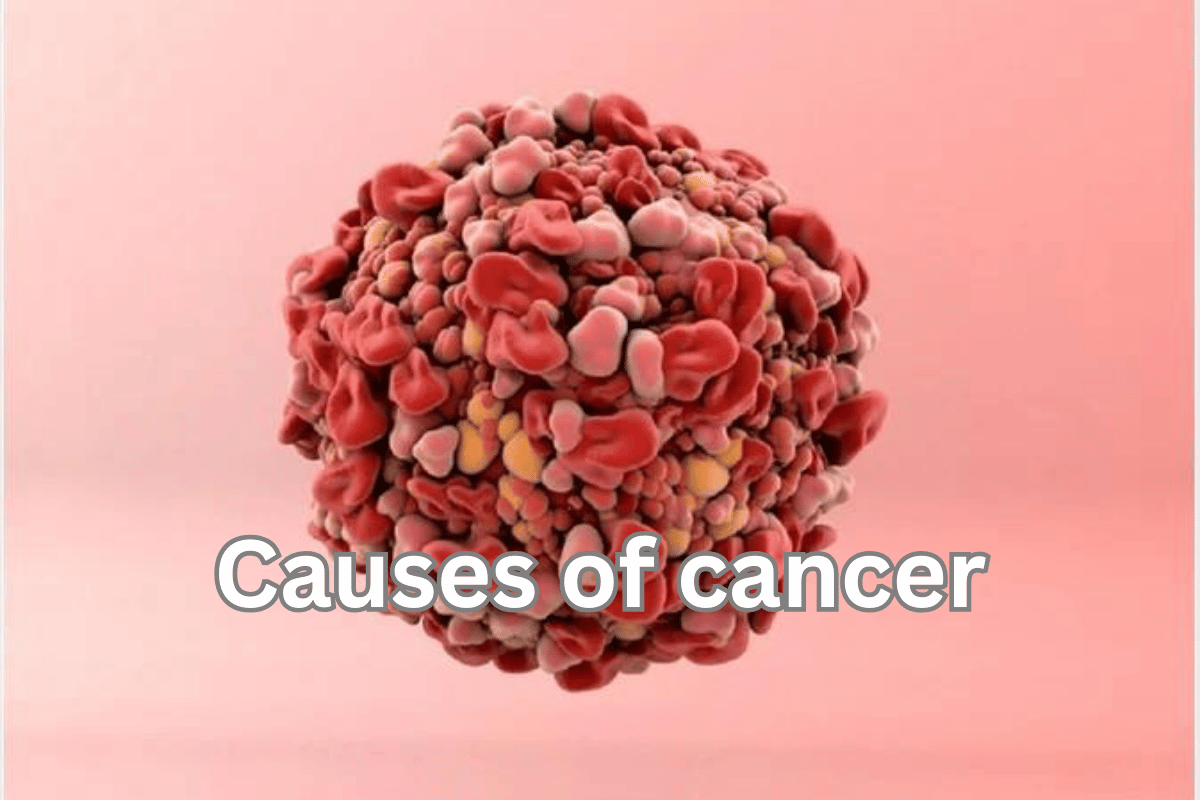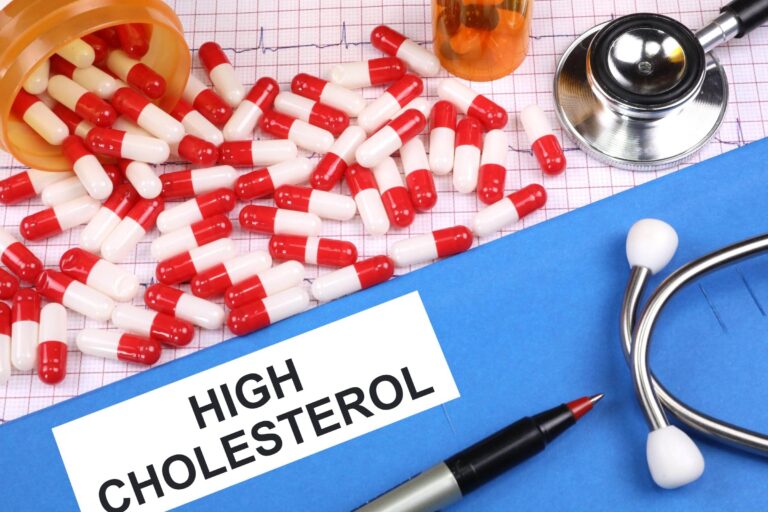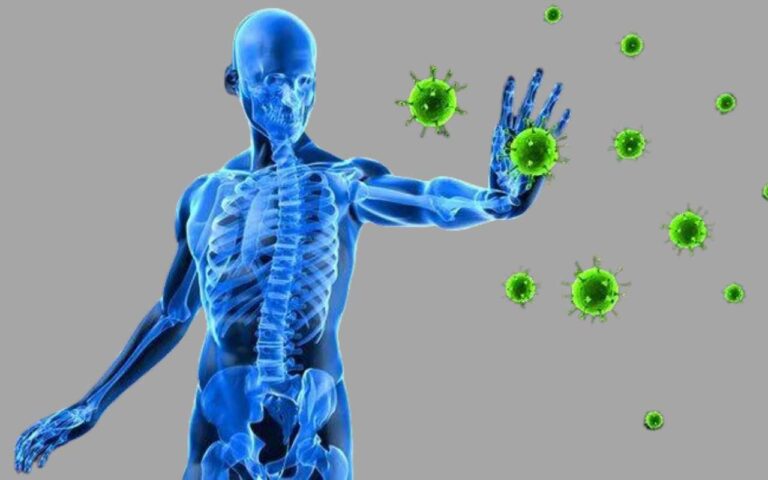Causes of cancer : Types & Prevention
Causes of cancer : cancer is a complex and multifactorial disease, characterized by the uncontrolled growth and spread of abnormal cells. It can affect nearly any part of the body and is caused by a variety of factors, both genetic and environmental.
Main causes of cancer
Genetic Factors:
Genetics play a crucial role in cancer development. Inherited mutations in specific genes, such as BRCA1 and BRCA2, can significantly increase the risk of certain cancers, including breast and ovarian cancers.
Familial cancer syndromes, where multiple family members are affected by cancer, also suggest a strong genetic component. Additionally, random mutations that occur during cell division can lead to cancer.
Environmental Factors:
Environmental exposures are significant contributors to cancer risk. Tobacco smoke is the leading cause of lung cancer and is linked to several other cancers, including mouth, throat, and bladder cancer.
Prolonged exposure to ultraviolet (UV) radiation from the sun or tanning beds increases the risk of skin cancers, including melanoma. Occupational hazards, such as asbestos exposure, can lead to mesothelioma and lung cancer.
Lifestyle Factors:
Lifestyle choices greatly influence cancer risk. A diet high in processed foods, red meat, and low in fruits and vegetables is associated with an increased risk of colorectal cancer. Obesity is a known risk factor for several cancers, including breast, prostate, and colorectal cancers.
Physical inactivity, excessive alcohol consumption, and chronic infections, such as hepatitis B and C, which can lead to liver cancer, also contribute to cancer development.
Infections:
Certain infections are linked to cancer. Human papillomavirus (HPV) is strongly associated with cervical cancer, and Helicobacter pylori infection increases the risk of stomach cancer. Chronic infections can cause inflammation and changes in cells that may lead to cancer.
Types of cancer
Understanding the various types of cancer is crucial for early detection and effective treatment. Here are some common types:
Carcinomas:
Carcinomas originate in the epithelial cells that line the inside and outside surfaces of the body. They account for about 80-90% of all cancer cases. Common carcinomas include:
- Lung Cancer: Often caused by smoking, it affects the respiratory system.
- Breast Cancer: Primarily impacts women, but men can be affected too.
- Colorectal Cancer: Affects the colon and rectum, often linked to diet and lifestyle.
- Prostate Cancer: Common in older men, affecting the prostate gland.
Sarcomas:
Sarcomas develop in the connective tissues, including bones, muscles, and fat. They are rarer than carcinomas. Such as:
- Osteosarcoma: A type of bone cancer common in teenagers.
- Liposarcoma: Develops in fat cells, typically in the abdomen or thighs.
Leukemias:
Leukemias are cancers of the blood and bone marrow. They lead to the production of abnormal white blood cells. Types include:
- Acute Lymphoblastic Leukemia (ALL): Common in children, progresses rapidly.
- Chronic Myeloid Leukemia (CML): Mostly affects adults, progresses slowly.
Melanomas:
Melanomas arise from melanocytes, the cells that produce pigment in the skin. They are the most dangerous form of skin cancer due to their high potential to spread.
Lymphomas:
Lymphomas affect the lymphatic system, a crucial part of the immune system. The two main types are:
- Hodgkin Lymphoma: Characterized by the presence of Reed-Sternberg cells.
- Non-Hodgkin Lymphoma: More common and diverse, affecting various lymphoid tissues.
How alcohol damages our brain: Can we recover it?
How to prevent cancer
Cancer prevention is a crucial aspect of maintaining long-term health and well-being.
While some risk factors like genetics cannot be controlled, adopting a healthy lifestyle can significantly reduce the risk of developing cancer. Here are key strategies to help prevent cancer:
Maintain a Healthy Diet:
A diet rich in fruits, vegetables, whole grains, and lean proteins can lower cancer risk. Avoid processed and red meats, which have been linked to certain cancers. Incorporating foods with antioxidants, such as berries, nuts, and leafy greens, helps protect cells from damage.
Stay Physically Active:
Regular physical activity helps maintain a healthy weight and reduces the risk of various cancers, including breast, colon, and endometrial cancer. Aim for at least 150 minutes of moderate exercise or 75 minutes of vigorous exercise weekly.
Avoid Tobacco:
Tobacco use is a leading cause of cancer, particularly lung cancer. Quitting smoking and avoiding secondhand smoke significantly lowers the risk of cancer.
Limit Alcohol Consumption:
Excessive alcohol intake is linked to an increased risk of cancers such as liver, breast, and colorectal cancer. If you choose to drink, do so in moderation—up to one drink per day for women and two drinks per day for men.
Protect Yourself from the Sun:
Ultraviolet (UV) radiation from the sun and tanning beds can cause skin cancer. Use sunscreen with an SPF of at least 30, wear protective clothing, and avoid peak sun hours from 10 a.m. to 4 p.m.
Get Regular Screenings:
Regular screenings can detect cancer early when treatment is most effective. Follow your healthcare provider’s recommendations for screenings, such as mammograms, colonoscopies, and Pap smears.
You can search about Symptoms of cancer on our website for more data about it.
Vaccinate Against Certain Infections:
Some infections, like human papillomavirus (HPV) and hepatitis B, can lead to cancer. Vaccinations can protect against these infections and reduce cancer risk.
Adopting these healthy habits can significantly lower your cancer risk and contribute to overall well-being. While no method guarantees complete prevention, a proactive approach to health can make a substantial difference.








2 Comments